
Exciting new series on “Voice, Body and Movement for Lawyers – How to connect with the jury and find Justice Through Dramatic Technique!”
Click here to find out more
Trial themes can make all the difference in what the jury remembers about your case. If you use it right, a great theme will serve as the hook that brings the jury back—to your best facts, your best arguments, and onto your side.
Learn the process for developing and using themes and effectively weaving them through every aspect of your case from your opening statement to your cross examinations and closing arguments. In addition, learn how to develop rhetorical skills that will give you the best chance to win your case.
Learning objectives for this CLE include:
• Identify the qualities for an effective theme.
• Understand the process for developing a theme.
• Key strategies for weaving your theme throughout the entire presentation.
• Learn about rhetorical devices and which ones can make a difference for your case.
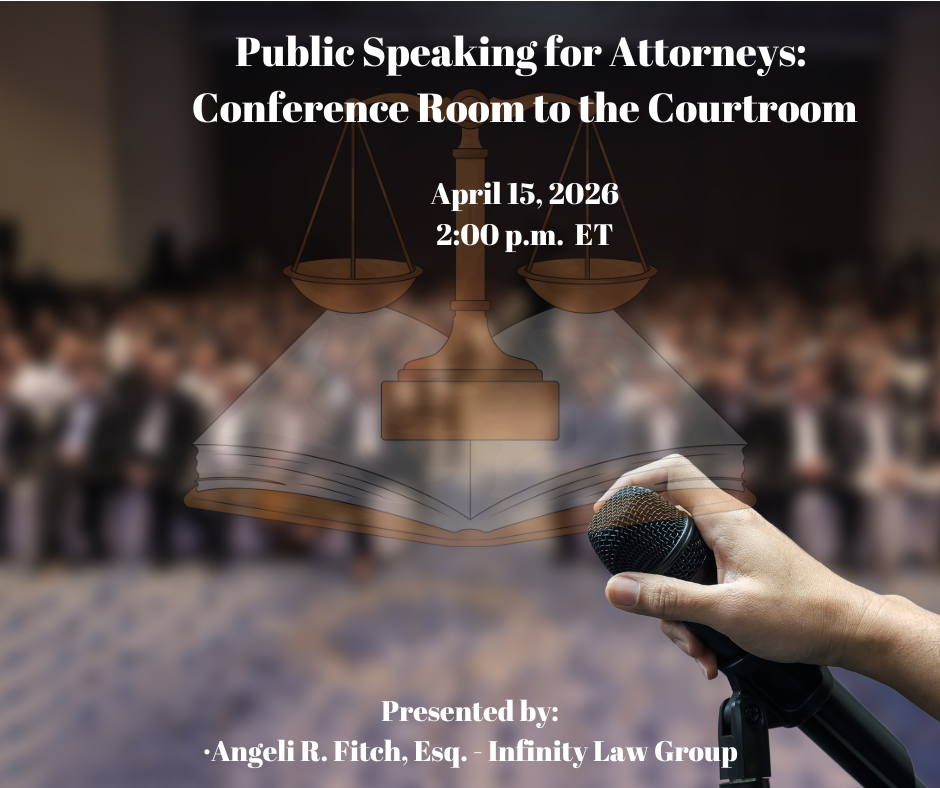
Attorneys are judged every time they speak—in client meetings, depositions, hearings, negotiat...

This course clarifies the distinction between profit and cash flow from a legal perspective. Attorne...
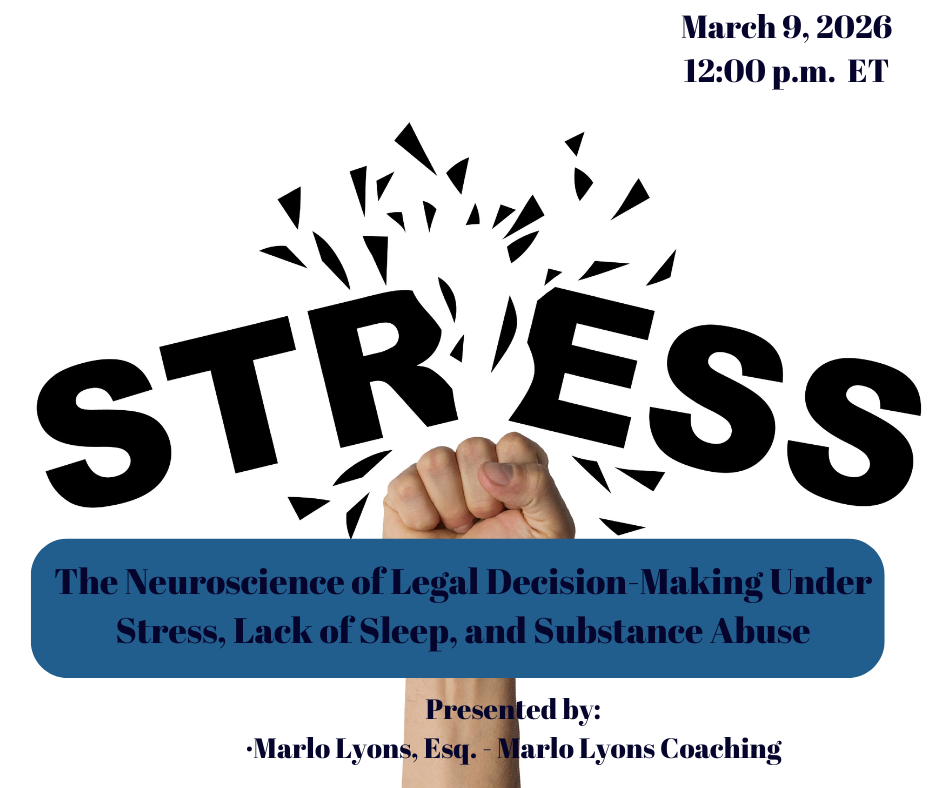
This dynamic and compelling presentation explores how chronic stress, sleep deprivation, and substan...
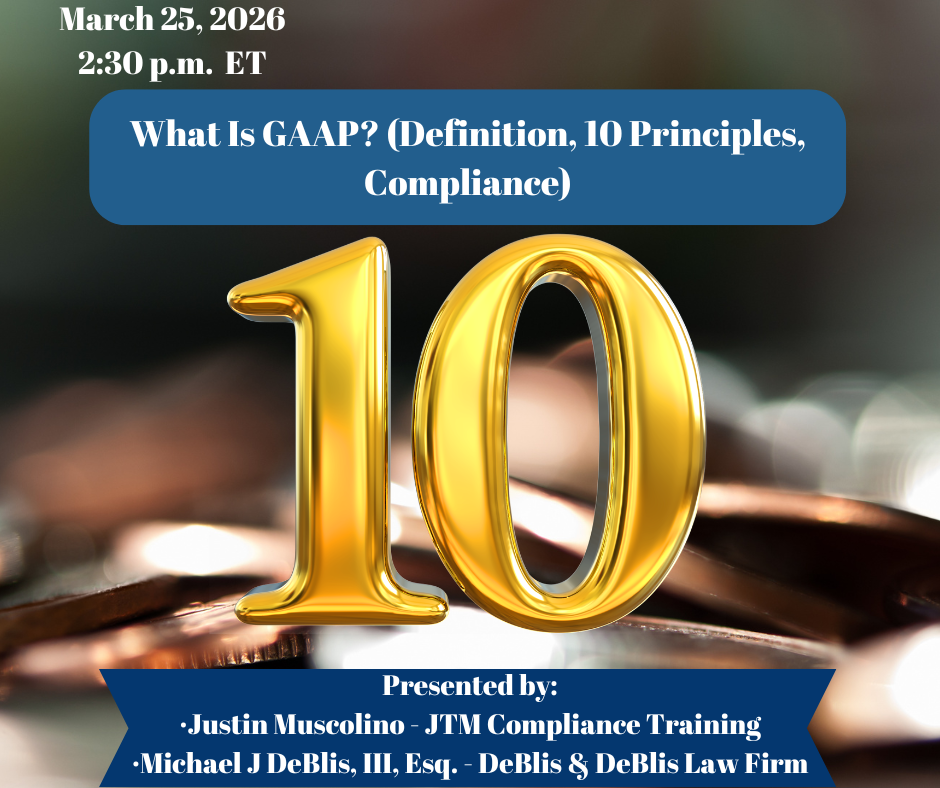
This course breaks down GAAP’s ten foundational principles and explores their compliance impli...
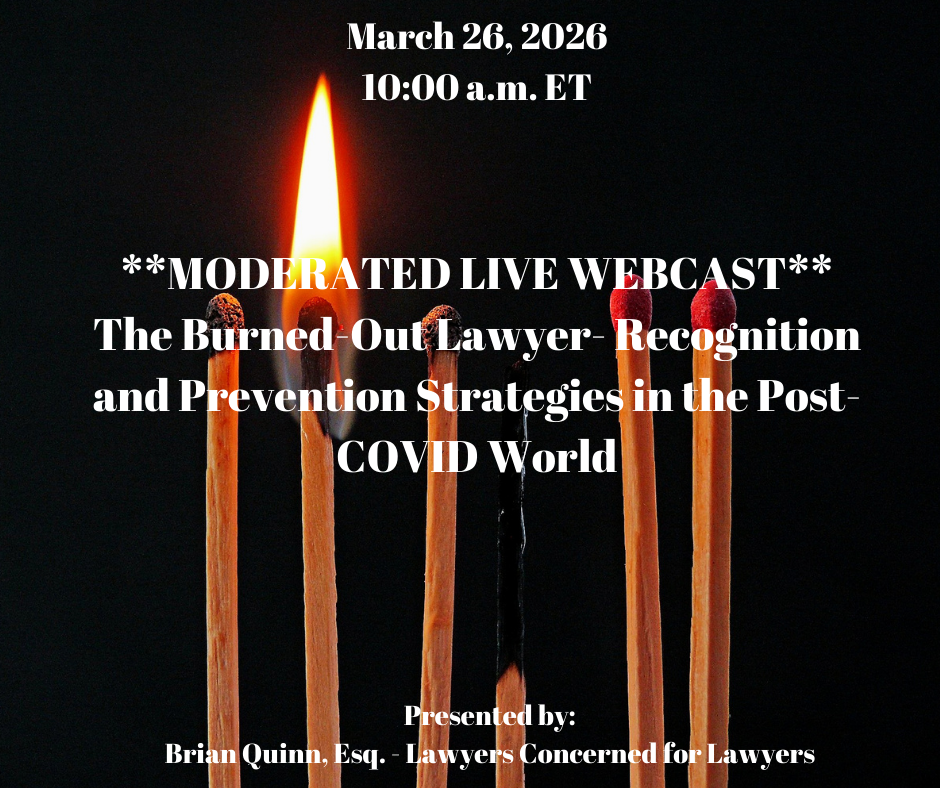
If there is one word we heard during our journey through the pandemic and continue to hear more than...
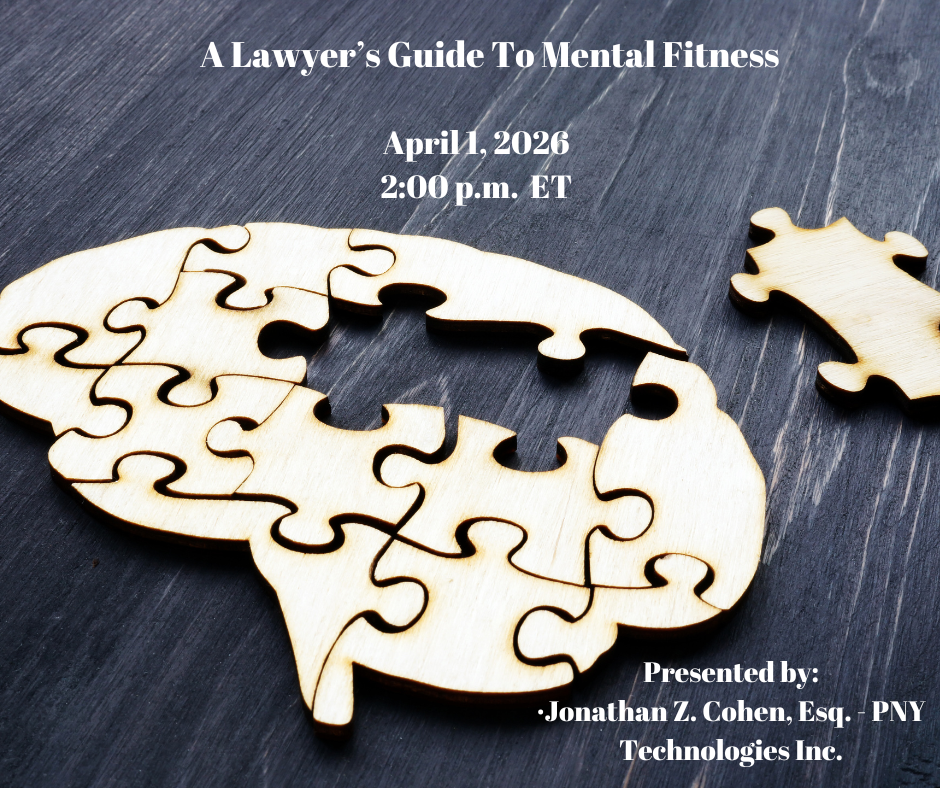
‘A Lawyer’s Guide To Mental Fitness’ is a seminar designed to equip professionals ...
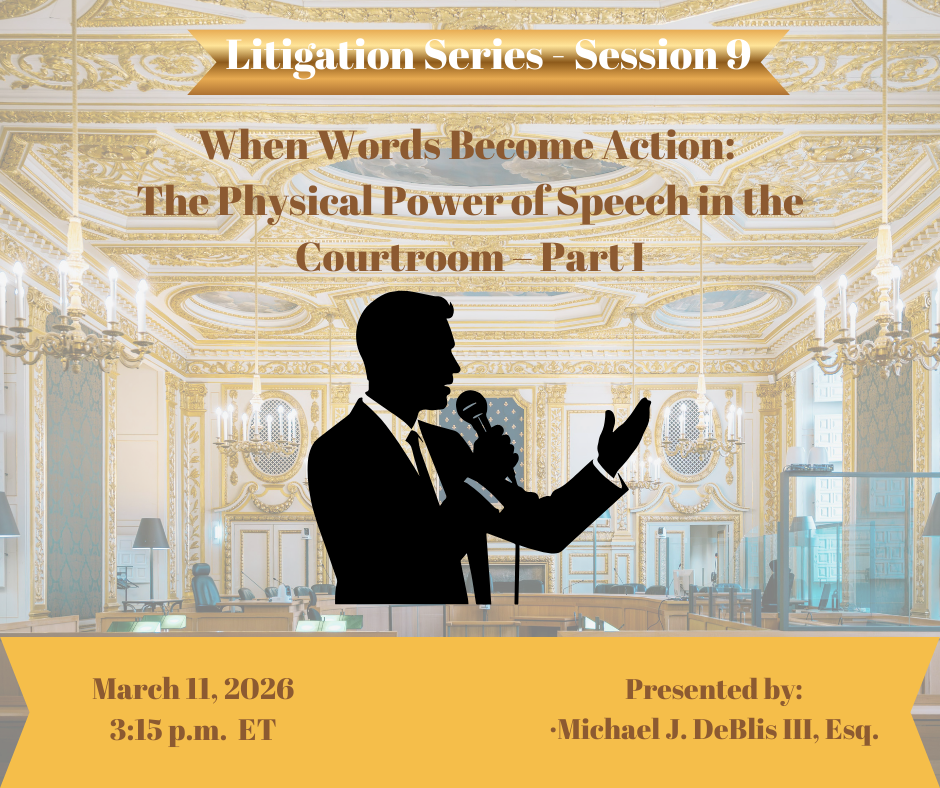
This program focuses on overcoming the inner critic—the perfectionist, self?doubting voice tha...
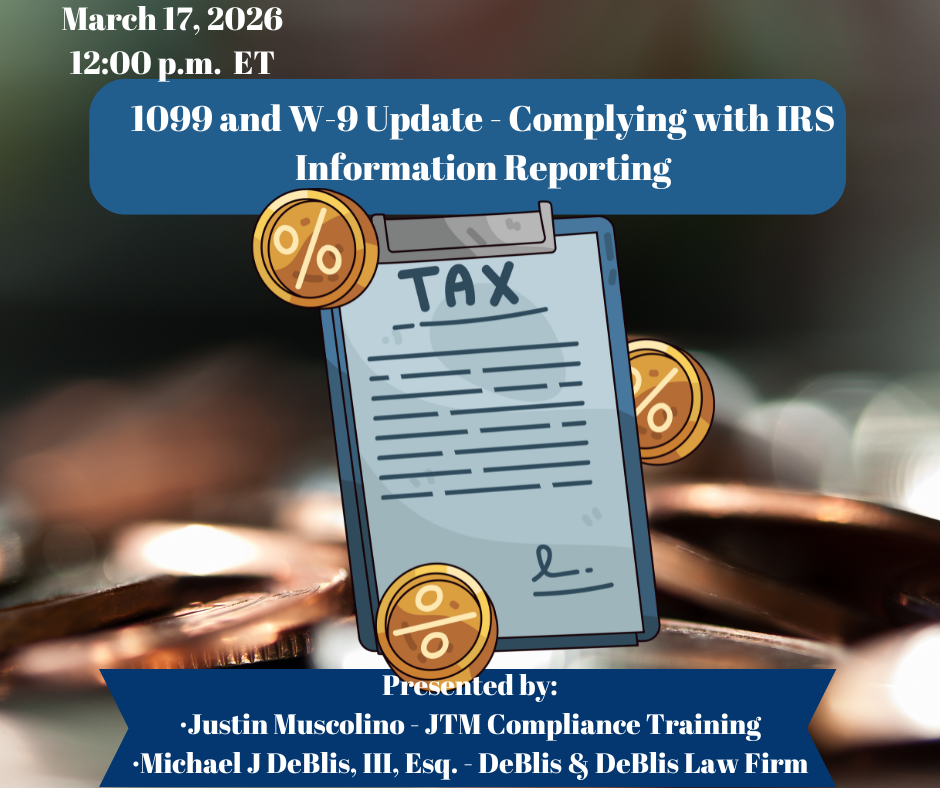
This CLE program covers the most recent changes affecting IRS information reporting, with emphasis o...
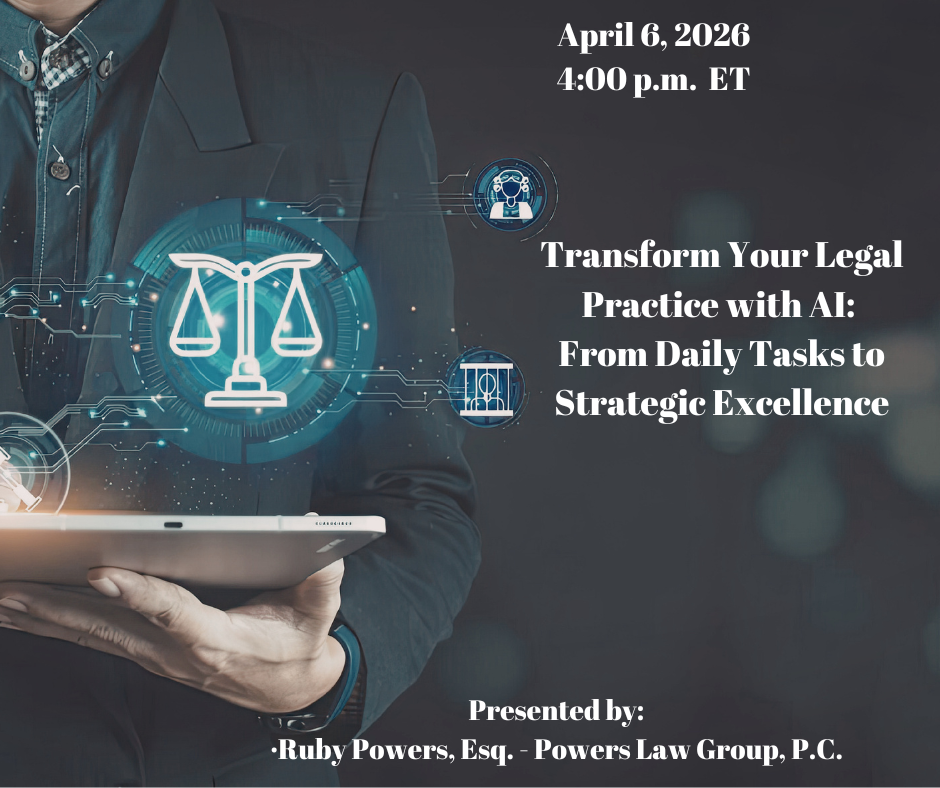
This course provides a strategic roadmap for attorneys to transition from administrative burnout to ...
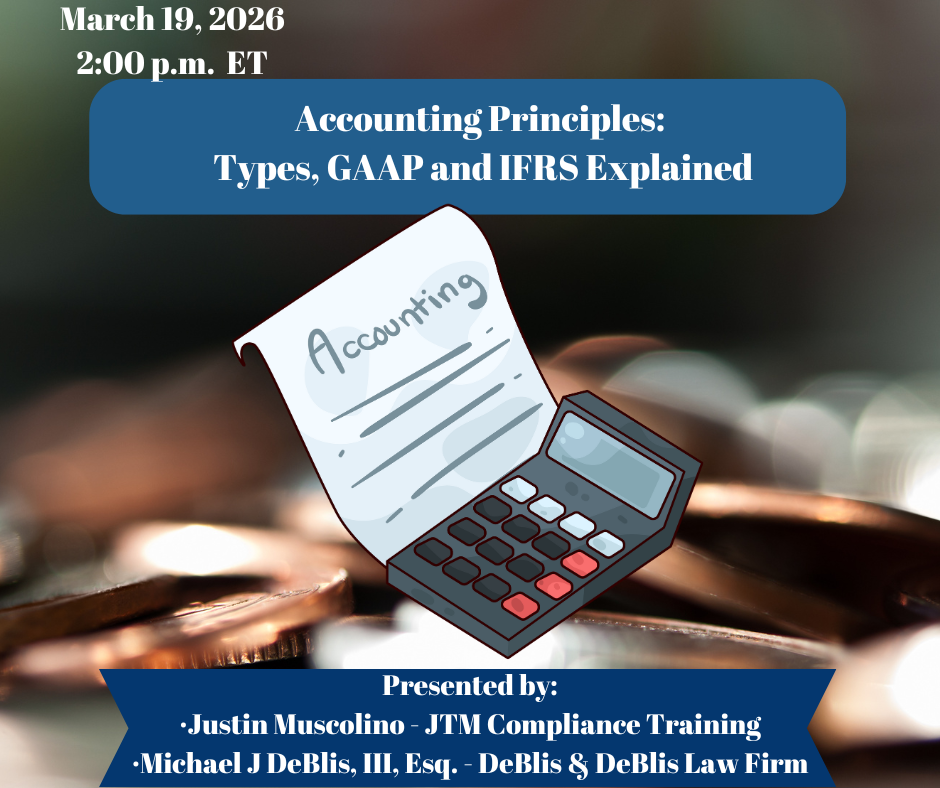
Attorneys will receive a comparative analysis of GAAP and IFRS with emphasis on cross-border legal c...